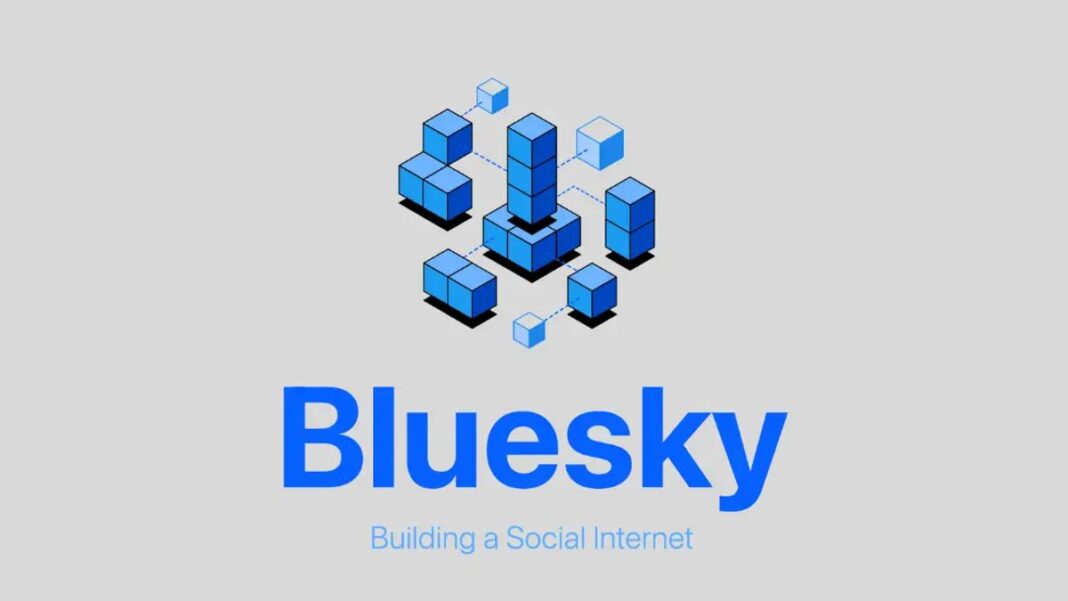Twitter’s former CEO, Jack Dorsey, criticized Elon Musk’s leadership and taking over of Twitter of the company in a series of social media posts last week.
Users of the social media platform Bluesky asked Dorsey a question about whether Musk was the right owner. His response was, “No.”
“No. Nor do I think he acted right after realizing his timing was bad. Nor do I think the board should have forced the sale. It all went south,” Dorsey wrote last week.
In April 2022, Dorsey previously described Musk as the “singular solution” to take over Twitter. Further, he said he trusted Musk to “to extend the light of consciousness” amid reports Musk wanted to purchase the social media platform.
He added that he is glad new social media platforms such as Bluesky—a new social media platform that is being called a possible alternative to Twitter that has been recently touted by mainstream media figures and celebrities—are being created and built. Dorsey, who is reportedly still a Twitter shareholder, has backed Bluesky since 2019.
“I think he should have walked away and paid the [$1 billion]” breakup fee, he also said.
After making a bid to purchase Twitter for $44 billion, or around $54.20 per share, Musk later signaled that he wanted to back out of the deal. It wasn’t clear that either Musk or Twitter had that option, as Musk would have had to provide proof to a Delaware court that he had a good reason for walking away from the deal.
When Dorsey headed Twitter before departing under the company’s previous management, he received widespread criticism for the alleged silencing of right-wing accounts or individuals with viewpoints that strayed too far from the mainstream narrative. While he was in charge, prominent people such as former President Donald Trump, Rep. Marjorie Taylor Greene (R-Ga.), and anti-COVID-19 vaccine writer Alex Berenson were permanently suspended.
Meanwhile, a number of journalists have revealed internal Twitter messages over the past several years suggesting there was outsized external influence on Twitter’s content moderators to censor, deplatform, or reduce the reach of posts from a range of prominent accounts. The files also revealed alleged secret blacklists targeting several prominent accounts.








